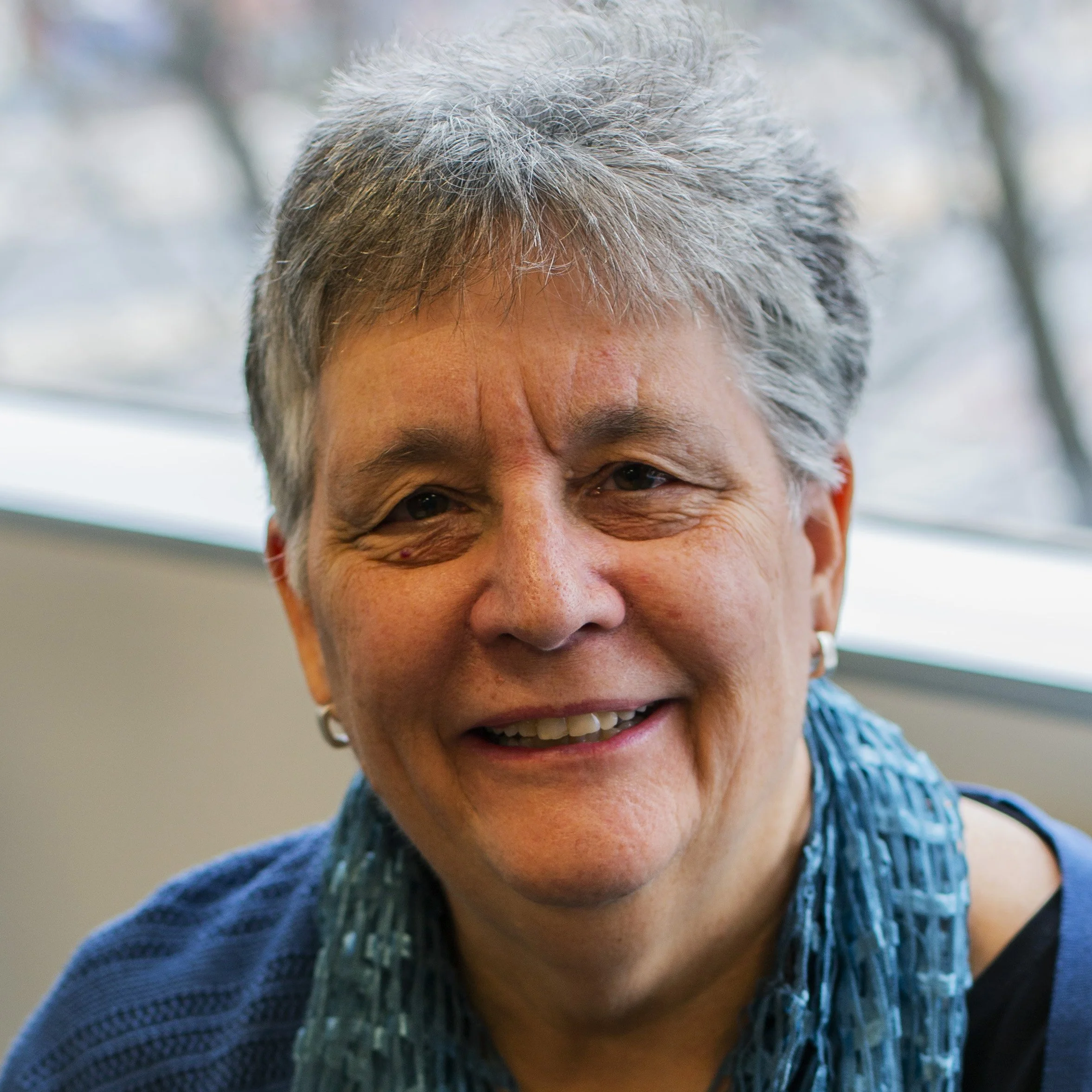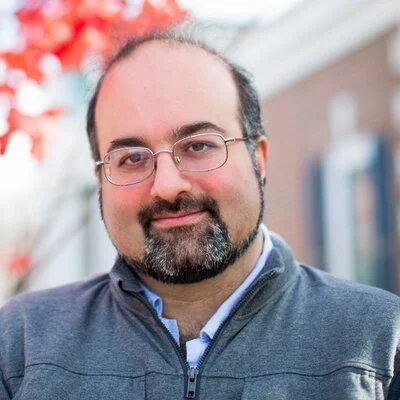why go public?
What is public scholarship on religion and why does it matter?
This lesson is designed to help you think about why you might choose to share your research and expertise with the public. We’ll talk about what public scholarship is and address some common misperceptions of this work. We’ll hear from members of our leadership team about why and how they went public with their research, and survey the potential impact and significance of public-facing work.
objectives
define public scholarship
review the (recent) history of public scholarship on religion
rethink the possible impact of public scholarship
consider potential rewards, risks, and responsibilities (r3)
Ways to Learn
We’ve designed this training curriculum so you can get the entire content of a lesson just by listening to that lesson’s podcast episode on the audio player below. You can listen all at once, or click on the “list” icon to use chapter markers to navigate to a specific part of the conversation.
If you prefer a multimedia approach to learning, you can watch a slideshow version of this content.
You’re also welcome to simply read through the transcript for this episode.
However you choose to learn, we encourage you to pause and reflect when prompted to do so, and to take notes to share with your fellow trainees, if and as that’s possible for you.
And don’t forget to check the top of this page for essential resources, and the bottom of the page for additional resources.
listen & learn
Guest voices
These scholars contributed to a roundtable discussion of why and how to go public with your scholarship:
Mary Hunt
Co-Founder & Co-Director, Women’s Alliance for Theology, Ethics, and Ritual
(WATER)
@maryehunt
Elizabeth Shakman Hurd
Professor of Political Science
Northwestern University
@eshurd
Omid Safi
Professor of Islamic Studies
Duke University
@ostadjaan
A complete recording and transcript of their conversation is available here. This lesson’s instructional podcast also includes contributions from Simran Jeet Singh, Sacred Writes Leadership Team Member and Executive Director of the Aspen Institute’s Religion & Society Program. Find audio and transcript of his previously recorded interview here.
Watch & Learn
Read & Learn
Script: Going Public, Episode 1: Why Go Public?
Public Scholarship on Religion: A Timeline
Obviously our timeline doesn’t reflect the entirety of the picture, including religion reporting in publications that don’t specialize in religion but do cover it extensively. Take a look at Sacred Writes list of media partners for more information on many relevant publications. Can you think of important moments or resources we might have left out?
Applied Learning: Your Favorite Public Scholarship
Identify some of your favorite public scholarship pieces, on religion or otherwise. Which format(s) appeal to you and why?
Share links to these pieces with your fellow trainees in this Google Doc.
Reflect on the topic, audience, and goal for the pieces you and others recommended.
What do you think the risks, rewards, and responsibilities for the scholar might have been? How would your own calculus have been similar or different?
Review the links everyone else shares and be prepared to discuss.
Discussion prompts
When you meet with your colleagues, we encourage you to discuss the following questions:
Has public scholarship been part of your professional identity? Why or why not?
What do you see as potential risks of doing public-facing work?
Which sorts of public scholarship are you drawn to? Which do you avoid? Why?
How do you see public scholarship on religion contributing to public understanding?
Additional Resources
Cottom, “Your Success Probably Didn’t Come from Merit Alone”
Pryal, “10 Questions Every Academic Should Ask before Writing for the Public” [listen to the podcast here]
Shipman, “Why Scientists Should Publicize their Findings — for Purely Selfish Reasons”




